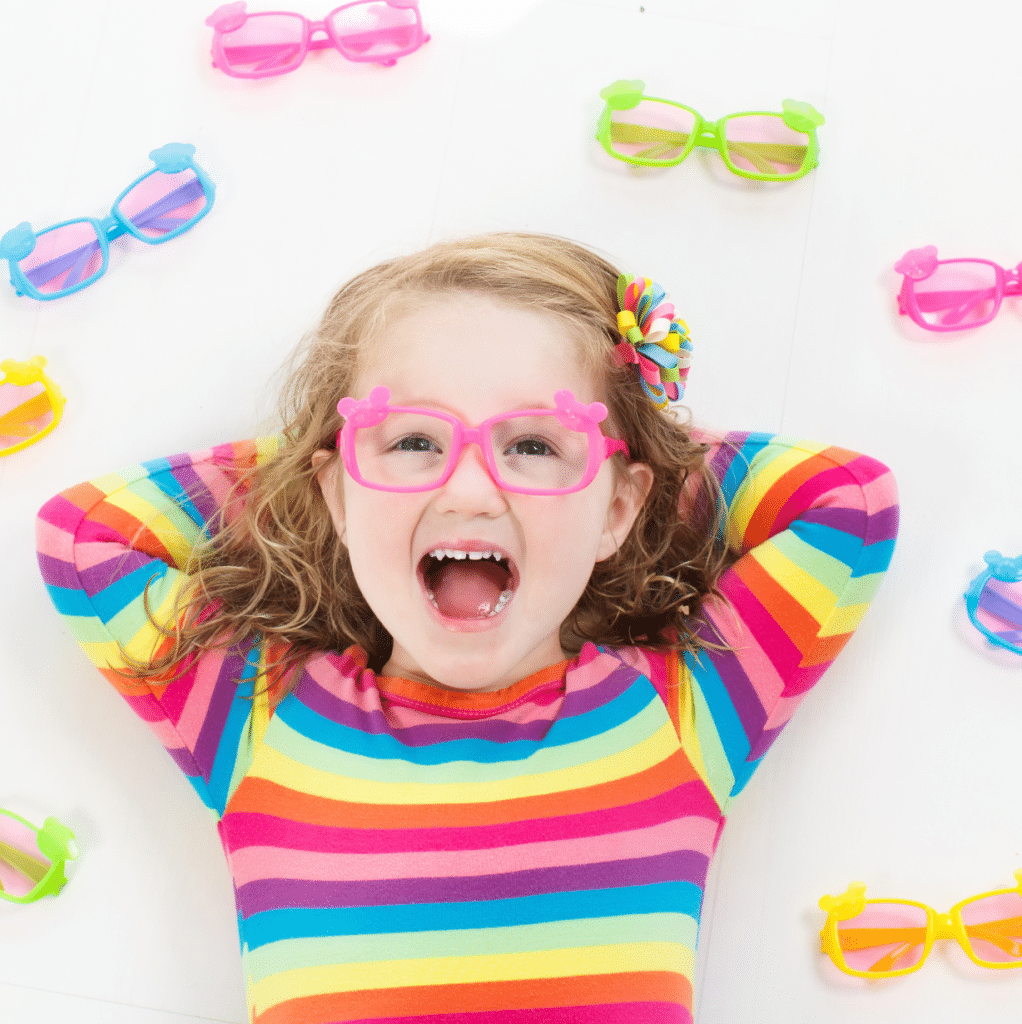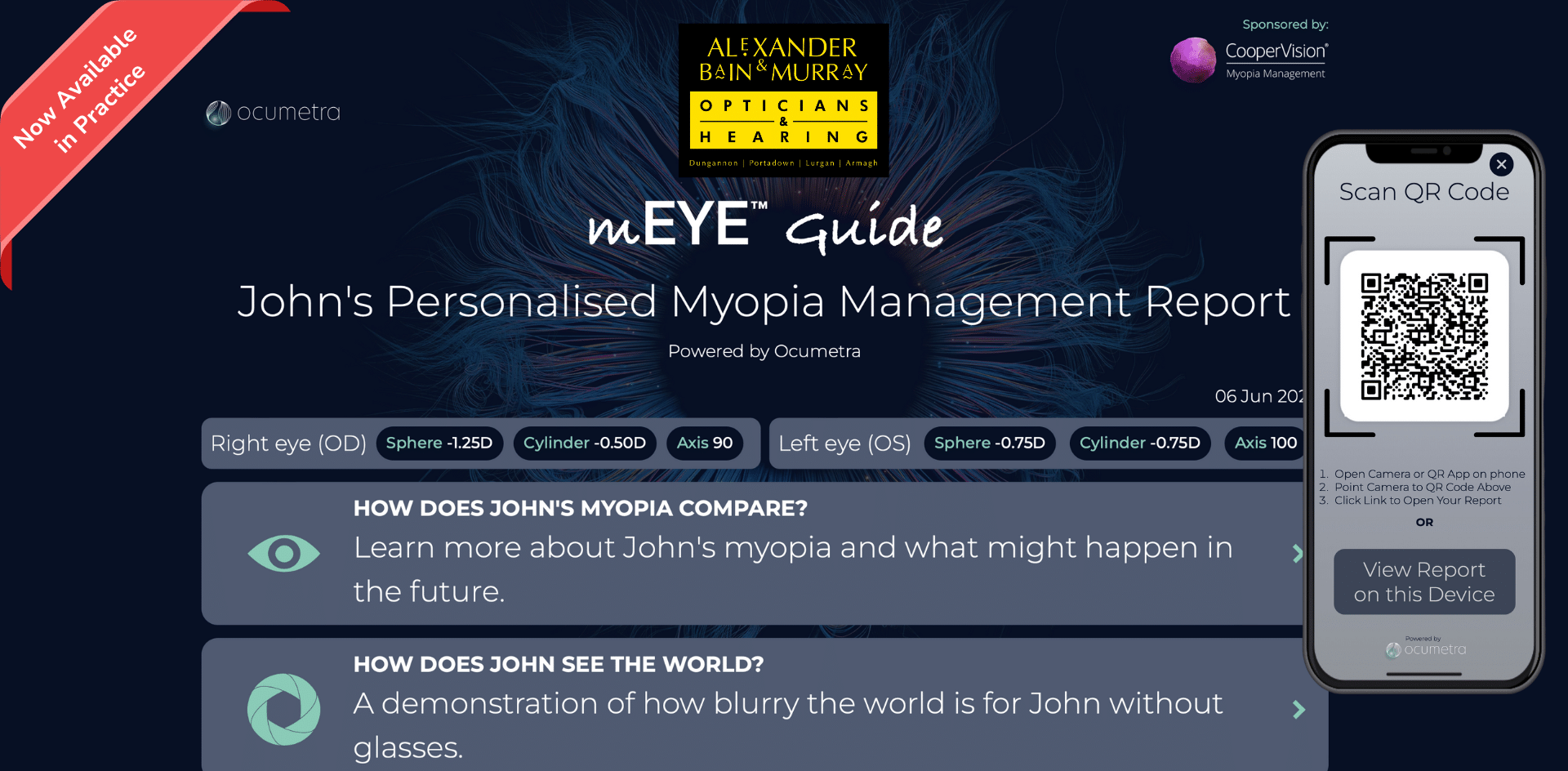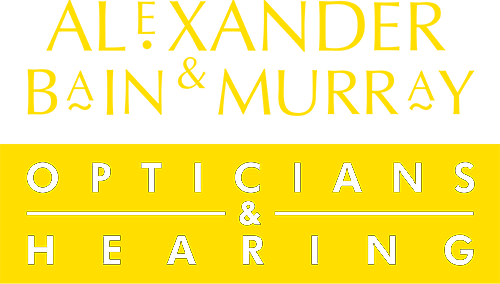Getting your kids’ eyes tested over the summer holidays
Getting your kids’ eyes tested over the summer holidays can be beneficial for several reasons:
Convenience: Scheduling eye exams during the summer holidays can be more convenient because your children won’t have to miss school or other extracurricular activities. It allows for a more relaxed and flexible approach to appointments.
Adequate Time for Follow-up: If your child requires vision correction, such as glasses or contact lenses, getting their eyes tested over the summer provides sufficient time for any necessary adjustments or fittings before the school year starts.
Detecting Vision Problems: Regular eye exams are crucial for detecting vision problems at an early stage. Children may not always be aware of their vision issues, and some conditions can go unnoticed without proper testing. Identifying and addressing these problems before the school year begins can prevent potential difficulties in learning and academic performance.
Prevention of Eye Strain: Many children spend more time on screens during the summer holidays, engaging in activities like gaming, watching movies, or using tablets and smartphones. This increased screen time can lead to eye strain and other related issues. An eye exam can help identify if your child needs corrective measures or advice on managing screen time to prevent eye problems.
Monitoring Eye Health: Regular eye exams can also help monitor your child’s overall eye health. Eye conditions like lazy eye (amblyopia), crossed eyes (strabismus), or focusing problems can be detected early and treated more effectively when caught in their early stages.

Remember, it is recommended that children receive routine eye exams starting from an early age, even if there are no apparent issues. At Alexander Bain and Murray Opticians we will provide guidance on how often your child should have their eyes tested based on their individual needs and eye health.
Children’s eyesight is an important aspect of their overall development and well-being. Here are some key points to consider:
Eye Examinations: Regular eye examinations are crucial for children, even if they do not display any apparent vision problems. Early detection of vision issues can lead to more effective treatment and potentially prevent long-term complications.
Common Vision Problems: Children may experience various vision problems, such as nearsightedness (myopia), farsightedness (hyperopia), astigmatism, or amblyopia (lazy eye). Some of these conditions may be hereditary, while others can develop due to environmental factors or visual stress. Regular eye exams can help identify and address these issues.
Warning Signs: Pay attention to potential warning signs of vision problems in children, such as frequent eye rubbing, excessive blinking, squinting, difficulty maintaining focus, complaints of headaches or eye strain, tilting or turning the head while watching television or reading, or a lack of interest in visually engaging activities. If you notice any of these signs, consult an eye care professional.
Screen Time: With the increasing use of digital devices, it’s important to manage children’s screen time to prevent digital eye strain. Encourage regular breaks, good posture, and proper lighting conditions when using screens. The 20-20-20 rule suggests taking a 20-second break every 20 minutes to focus on something 20 feet away.
Protective Eyewear: Encourage children to wear appropriate eye protection during sports and recreational activities to prevent eye injuries. This can include wearing goggles or helmets with face shields, depending on the activity.
Healthy Habits: Promote overall eye health by encouraging a balanced diet rich in fruits and vegetables, especially those containing nutrients like vitamin C, vitamin E, zinc, and omega-3 fatty acids. Encourage good hygiene, such as handwashing, to prevent the spread of eye infections.
Eye Safety: Children should be taught about eye safety, especially when engaging in sports or activities that could pose a risk of eye injury. Protective eyewear should be worn when necessary.
Corrective Measures: If a child is diagnosed with a vision problem, corrective measures such as glasses or contact lenses may be prescribed. Early intervention can help prevent vision issues from worsening and improve the child’s quality of life.
Regular Check-ups: Even if a child does not show any signs of vision problems, regular eye check-ups are still important to monitor their eye health and ensure proper development.



Remember, if you have concerns about your child’s eyesight or notice any changes in their vision, it’s always best to consult us here at Alexander Bain and Murray and we can provide accurate assessments and appropriate recommendations for your child’s individual needs.
Make your appointment today!


Understanding Dry Eyes: Causes, Symptoms, and Solutions
Understanding Dry Eyes: Causes, Symptoms, and Solutions Dry eyes are a common condition that affects…

Ocumentra
Alexander Bain and Murray introduce the latest technology to help understand and manage myopia (short-sightedness)…
